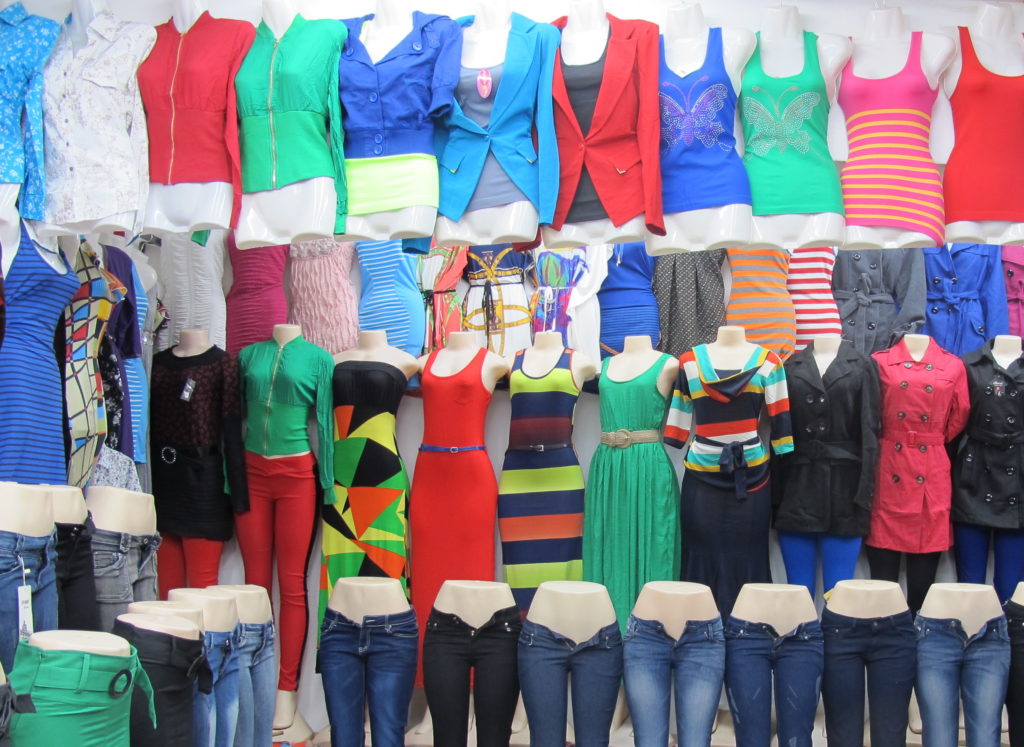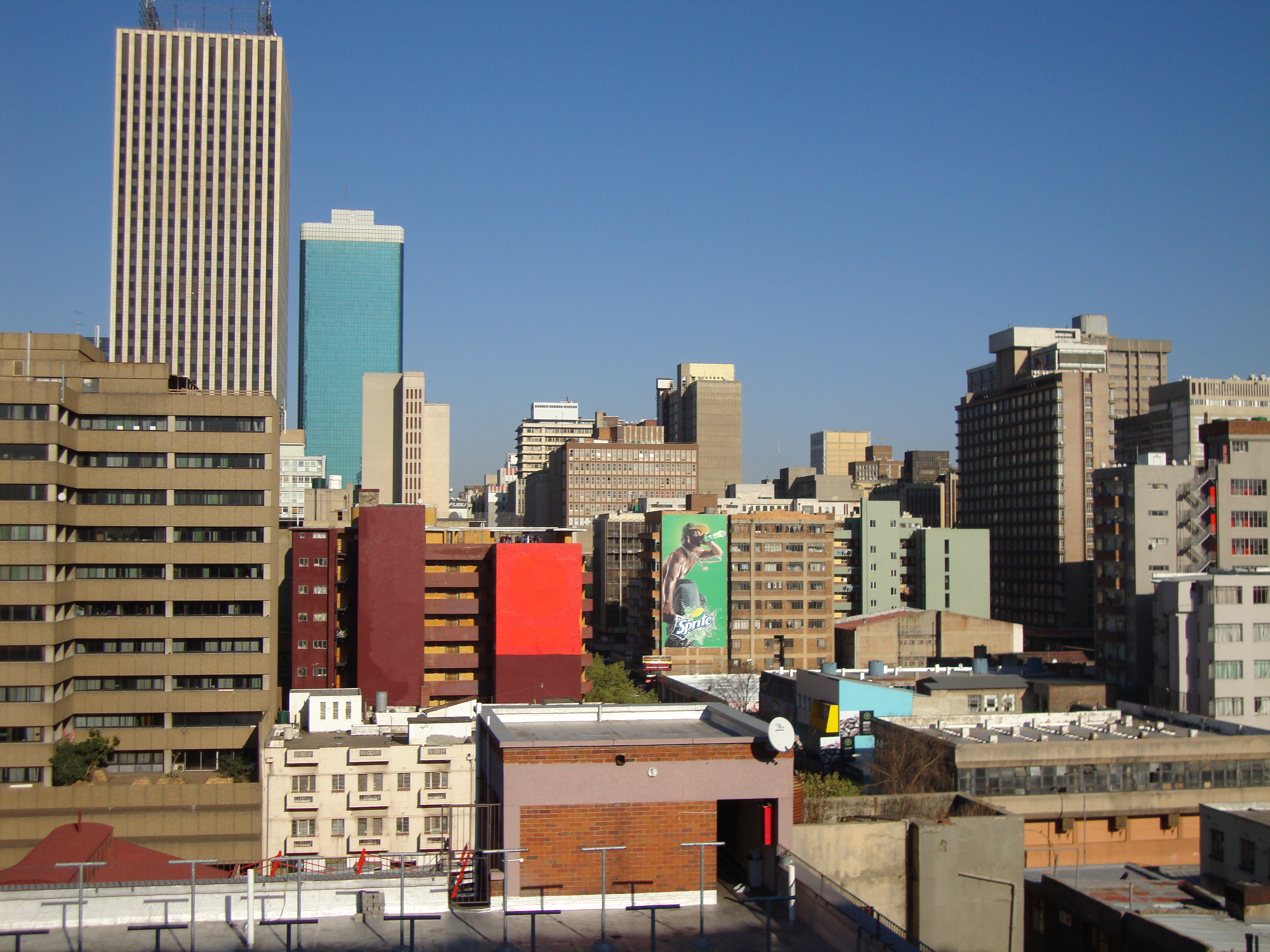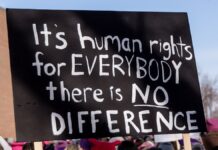The discovery of gold in 1886 saw Johannesburg as a city laced with promise. While this precious resource has been mined away, the city still has an abundance of wealth and opportunity, albeit in a different form: inner-city informal trade established through foreign national communities who have set up home in South Africa, writes SALMA VALLEE.
According to Stats SA 2018, 17.4% of the countries employment is generated from the informal sector, of which, 78.2% is trade oriented. This trade- run largely by migrants- sees women holding a 17% higher stake than men. This is an anomaly not only locally, where women only occupy 10.9% of craft/trade jobs but also globally; according to the 2018 ‘Employment in Industry’ World Bank reports, where women hold 11.97% less than men.
The majority of Johannesburg’s informal trade occurs in the former Central Business District where immigrants from across Africa have established communities and businesses. Here, one can sift through quaint stores, finding everything from electronics to fake Gucci.

The busiest area is the Ethiopian dominated sector – known by locals as Jeppe. Here, Helen from Addis Ababa, owns a thriving coffee shop. “Working in Johannesburg isn’t difficult,” says Helen, who was one of the first women to set up shop over fifteen years ago. Unlike the many women in her community who moved here to be with their husbands, Helen came independently.
Resembling many African cultures, Ethiopians have strongly defined gender roles: men are the breadwinners, women are tasked with housework. But with high costs of living and family members dependent on financial support from people like Helen, these traditions are fast waning. “There is no place for culture in business,” she says.
Another entrepreneur, Ayesha, whose clothing store occupies a busy alcove in Jeppe, came to South Africa in 2008 to escape political unrest in Addis Ababa. Though she longs for more time with her daughters, she is happy to contribute financially towards her family. In her experience, her fellow traders are supportive, “the men here respect us working women and understand our sacrifices.”
Despite their successes, these women are not without struggle. “Some South African’s see us as easy targets for harassment,” says Helen, detailing the theft and xenophobia that asylum seekers face. Added to this is the difficulty of getting legal residency. Regardless of their long-standing social and economic contribution to the country, “few people get asylum papers and less get refugee permits,” says Ayesha. This is a common problem facing foreign nationals, according to a News24 report.
In the early 21st century, the Johannesburg inner-city was almost a ghost-town but has since regained its former vibrance through the city’s informal trade sector. This trade plays an important part in economic growth, undoubtedly built upon the dedication of people striving for a better life and in particular the women who are, as they have been throughout history, the quiet yet determined force of change.
Salma Vallee is a Law student, majoring in English at the University of the Witwatersrand. She is a writer and editor for the multi-cultural platform- ‘Cerebral Society’, which aims to promote youth involvement in art, fashion and music. Salma is a strong advocate for social justice and mental health awareness. She is passionate about creativity through authentic self-expression.
Featured image by Tanya Zack









